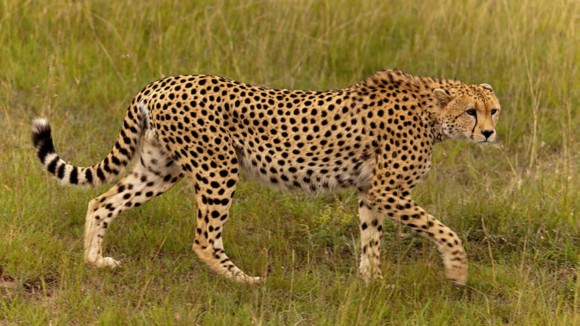 Muniyandi Nagarajan is an Assistant Professor at Department of Genomic Science, School of Biological Sciences, Central University of Kerala, India. His research interests lie primarily in the fields of wildlife genomics, livestock genomics, and conservation genetics. Dr Nagarajan has been an Editorial Board Member for Scientific Reports since 2020.
Muniyandi Nagarajan is an Assistant Professor at Department of Genomic Science, School of Biological Sciences, Central University of Kerala, India. His research interests lie primarily in the fields of wildlife genomics, livestock genomics, and conservation genetics. Dr Nagarajan has been an Editorial Board Member for Scientific Reports since 2020.
 Ciro Rico is a Senior Research Scientist at Consejo Superior de Investigaciones Científicas in Spain. His current research program integrates ecosystem monitoring, genomics and population biology with sustainable fisheries management and governance. Dr Rico has been an Editorial Board Member for Scientific Reports since 2013.
Ciro Rico is a Senior Research Scientist at Consejo Superior de Investigaciones Científicas in Spain. His current research program integrates ecosystem monitoring, genomics and population biology with sustainable fisheries management and governance. Dr Rico has been an Editorial Board Member for Scientific Reports since 2013.
 Mukesh Thakur is a Senior Scientist at Zoological Survey of India, Kolkata, West Bengal, India. His research interests lie at the interface between wildlife ecology and population genetics theory to investigate population differentiation and identify the genetic mechanisms of adaptation. Dr Thakur has been an Editorial Board Member for Scientific Reports since 2021.
Mukesh Thakur is a Senior Scientist at Zoological Survey of India, Kolkata, West Bengal, India. His research interests lie at the interface between wildlife ecology and population genetics theory to investigate population differentiation and identify the genetic mechanisms of adaptation. Dr Thakur has been an Editorial Board Member for Scientific Reports since 2021.

